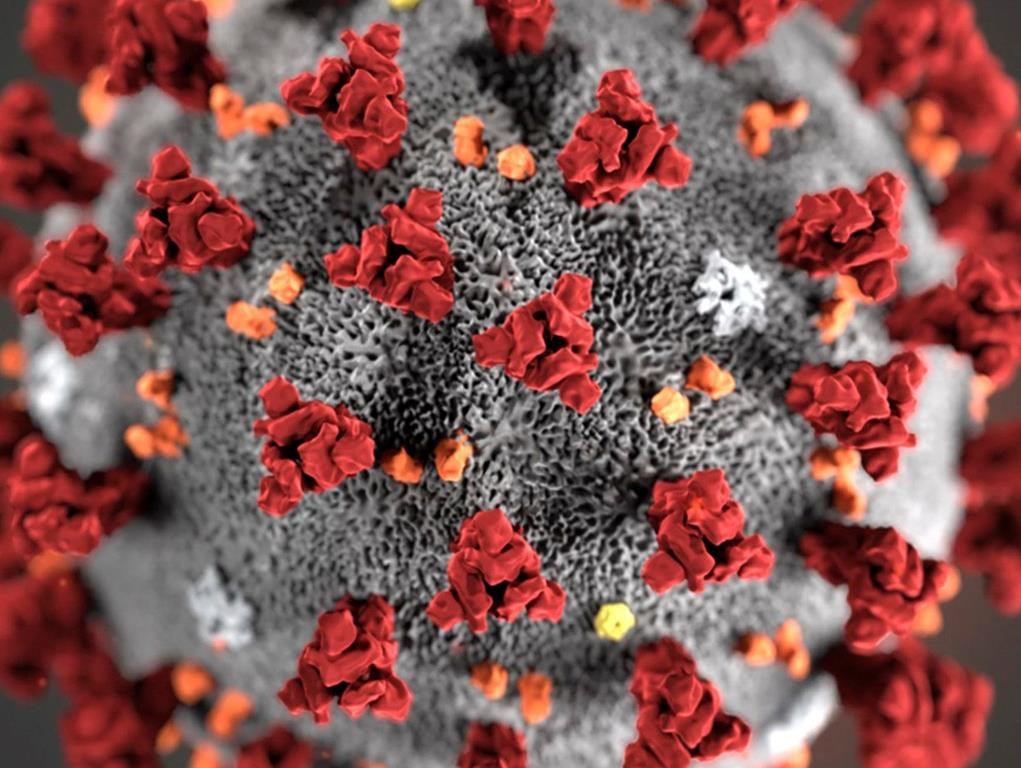The Nova Scotia Health Authority (NSHA) says attendees of a funeral in Enfield last month may have been exposed to COVID-19.

READ MORE: Coronavirus: 31 new cases identified in Nova Scotia as total nears 300
In a news release Monday, the health authority said the potential public exposure happened at a celebration of life at The Magnolia on March 11.
“Public Health has been directly contacting anyone known to be in attendance at the service,” the release reads. “While most people have been contacted, there could be some attendees that Public Health is not aware of.”

People who may have been exposed at The Magnolia are just past the 14-day period where they should self-monitor for signs and symptoms of COVID-19.
“If you were at this on March 11 and you have developed any symptoms of COVID-19 since then, please call 811,” the health authority continued. “This will help NSHA Public Health to identify any connected cases and will aid in containment efforts.”

Get weekly health news
READ MORE: Canada may be missing thousands of coronavirus cases, experts say
Questions about COVID-19? Here are some things you need to know:
Health officials caution against all international travel. Returning travellers are legally obligated to self-isolate for 14 days, beginning March 26, in case they develop symptoms and to prevent spreading the virus to others. Some provinces and territories have also implemented additional recommendations or enforcement measures to ensure those returning to the area self-isolate.
Symptoms can include fever, cough and difficulty breathing — very similar to a cold or flu. Some people can develop a more severe illness. People most at risk of this include older adults and people with severe chronic medical conditions like heart, lung or kidney disease. If you develop symptoms, contact public health authorities.
To prevent the virus from spreading, experts recommend frequent handwashing and coughing into your sleeve. They also recommend minimizing contact with others, staying home as much as possible and maintaining a distance of two metres from other people if you go out.
For full COVID-19 coverage from Global News, click here.







Comments